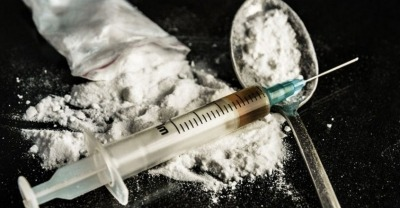

Gandhinagar, Nov 11 (IANS) Under the ‘Nasha Mukt Bharat Abhiyan’ (Drug-Free India Campaign) launched by the Ministry of Social Justice and Empowerment on August 15, 2020, Gujarat has made progress in spreading awareness about the dangers of substance abuse.
Over the past five years, the state has organised more than 8,000 activities, including rallies, signature campaigns, seminars, and awareness drives such as Nasha Mukti Rath Yatras reaching and sensitising more than 35 lakh citizens across urban and rural regions.
The campaign, which initially covered eight districts of Gujarat, including Ahmedabad, Vadodara, Bharuch, Mehsana, Surat, Rajkot, Jamnagar, and Porbandar in 2020, was later expanded to Banaskantha, Bhavnagar, Junagadh, Amreli, Valsad, and Gandhinagar in 2022.
Since August 2024, all districts of Gujarat have been brought under the initiative.
The primary objective of the ‘Nasha Mukt Bharat Abhiyan’ is to raise awareness about the harmful effects of drug and substance abuse.
With active participation from youth, students, women, and social organisations, as well as coordination with local government offices, the campaign has reached deep into schools, colleges, residential areas and villages.
Activities such as oath-taking ceremonies, competitions, and distribution of educational materials have fostered a community-wide dialogue on prevention and rehabilitation.
Marking the campaign’s fifth anniversary, the Ministry has launched nationwide activities to further intensify outreach.
Citizens can also take a pledge online at https://nmba.dosje.gov.in/content/take-a-pledge to support the vision of a drug-free India, as shared by the Gandhinagar Directorate of Social Defence.
The ‘Nasha Mukt Bharat Abhiyan’ is crucial for India because it addresses one of the country’s most pressing social and health challenges, the growing problem of drug and substance abuse, especially among youth.
With India’s large young population, rising drug addiction not only threatens public health but also impacts productivity, family stability, and national security.
This campaign is vital because it focuses on prevention through awareness, community participation, and rehabilitation rather than just enforcement.
It helps educate citizens particularly students, women, and rural communities about the physical, mental, and social consequences of drug abuse.
By involving schools, colleges, NGOs, and local authorities, it fosters a grassroots movement for behavioural change.
–IANS
janvi/khz
